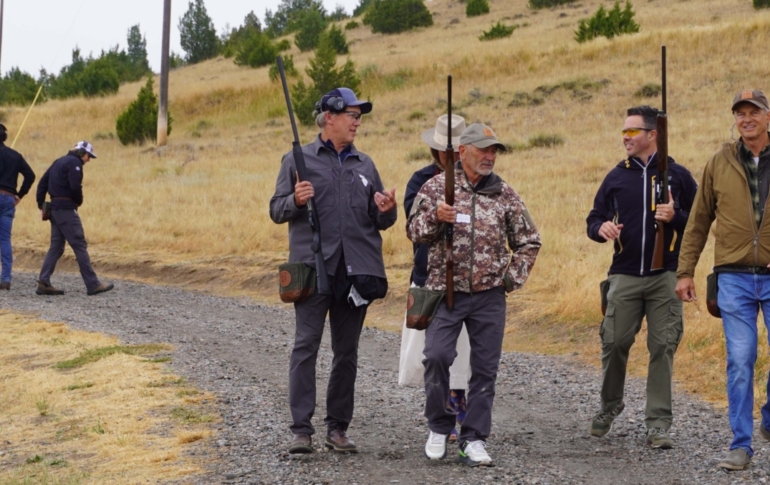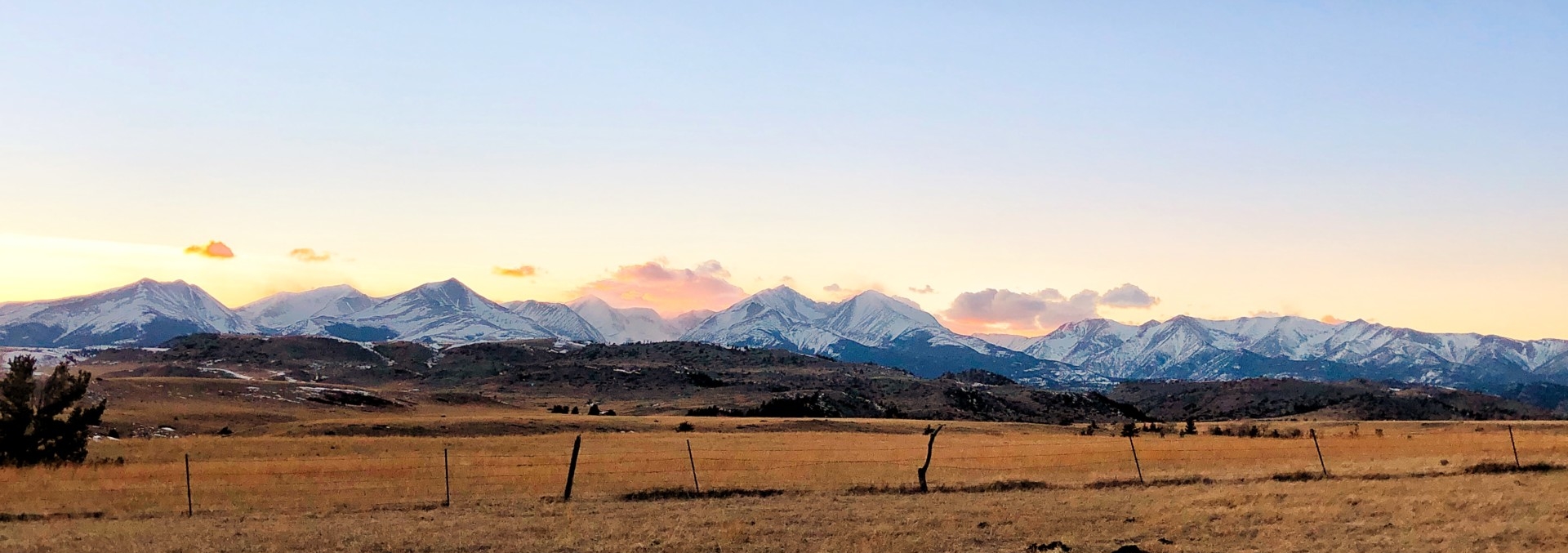What is a Ranch Manager?
Consider this list of roles that might be found on a ranch.
The Ranch Hand typically has a collection of duties, such as checking herds, fence building, some equipment operation, hand irrigation, mucking out stalls, and landscaping. This is a task-level worker.
A Herdsman has specific skills that are only acquired with years of learning and doing. Purebred stock operations benefit most from a dedicated herdsman. Some smaller or commercial cattle operations will not require a dedicated herdsman. Because of the specialized nature of the herdsman’s skillset, they might not be qualified or available for overall management duties.
Ranches require electricians, equipment maintenance and repair, plumbers, welder-fabricators, and even ‘chemists’ who are responsible for the use of herbicides (which are regulated). A busy and productive operation will require all these trade skills. If subcontractors are not available (or are too costly), a ranch Mechanic must be employed. It is possible, but not always likely that one individual can be found who has basic or better skills in each of these specialties. The true jack-of-all-trades is much less common in the current generation. Mechanics are also task-level employees that might or might not be able to work as a general ranch hand or with livestock. Remember that a good mechanic is best with his hands and tools; general management is probably not his strongest suit.
Let’s not confuse farming with ranching. They often go together, but they are distinctly different activities. Can a cowhand drive a swather? Of course. But will he also know what crops to plant and when? When to harvest or market them? Again, the best combination of skills and abilities in one person is wherever you might find them. For planning purposes, farming and Farmers need to be considered for their own peculiar requirements.
Landscapers, carpenters, foresters, etc. There are endless possible needs for these tasks, great and small. This list is dictated by the way a property is put together, what it includes, and how it is organized to operate. Specialty trades are needed on this basis. Consider that wildlife and environmental stewardship require additional knowledge and experience to reach those goals set by the owner or by regulatory agencies with an expressed interest in your land and operation.
A Foreman excels at one thing: getting things done. He is an effective supervisor of all worker types discussed above. Workers need leadership and direction. A good foreman can provide this. And the effective foreman works right alongside his ranch team and will readily do any work needing to be done. A smaller or less complex property simply might not warrant a manager. If it makes you feel better to refer to your foreman as your ‘ranch manager’, that’s fine. Just don’t let the use of the term cause a mistake in hiring the wrong individual for a job they are either under or over-qualified for.
One test is this: if you were only present on the ranch four weeks each year and, in your absence, the operation was a success in every way – a Ranch Manager was responsible.
A manager has the unique ability to comprehend the needs of the land in their care and implement the vision of the owner. A manager assesses, plans, and designs, then execute. He, along with the approval of the owner, establishes policies and carries out those plans and policies. This is possible because of the experience and reputation he brings with him. Success is not the absence of challenges a property presents but rather the manager’s approach to those challenges. Wishing that a certain individual would ‘rise to the challenge’ without clear evidence that he has done it before is not a good bet in any profession.
So, the goal is to not hire a foreman when it is a manager that is needed. The other side of the same coin is: don’t hire a manager when all that is required is a decent foreman.
Dan Leahy has managed lands from Texas to Alaska. He specializes in ranch assessments and manager placements. He can be reached at [email protected].

Joette Schalla, ALC, Land Broker of the Year by Colorado RLI Chapter
Fay Ranches is proud to recognize the outstanding achievement of our own Joette Schalla, ALC, who has been named Land Broker of the Year by the Colorado Chapter of the REALTORS® Land Institute. This prestigious award highlights the exceptional professionals in the land industry who demonstrate expertise, leadership, and an unwavering commitment to their clients […]

Breaking Clays, Building Futures: Fay Ranches at the First Annual FRCF Clay Shoot
On August 27th, the Fay Rural Community Foundation (FRCF) hosted its first annual Clay Shoot, bringing together 66 participants across 17 teams for a day of sport, camaraderie, and purpose. Despite the rainy weather, the event raised more than $24,000 to support rural communities. For Fay Ranches, this event was more than a fundraiser. Our […]



